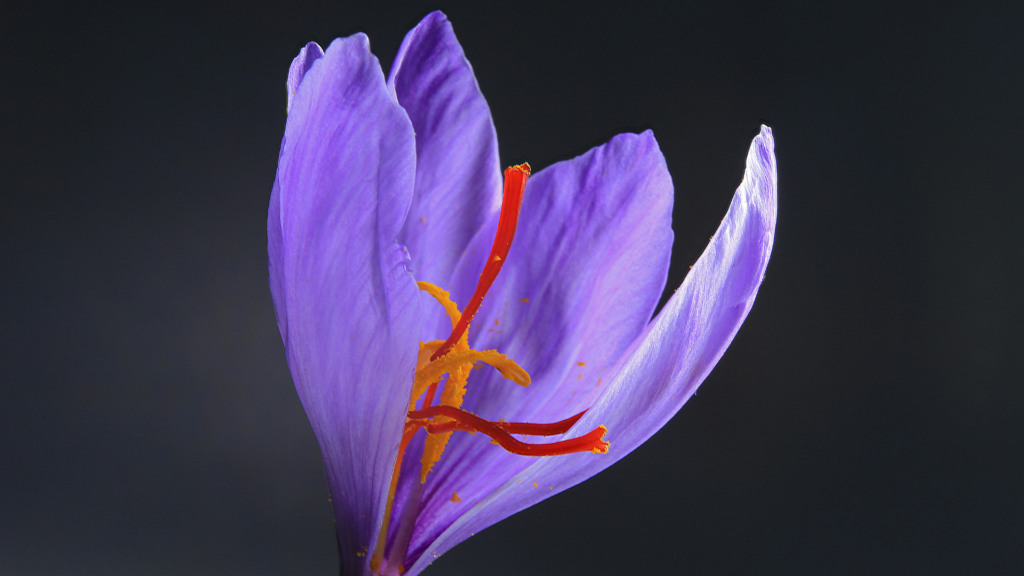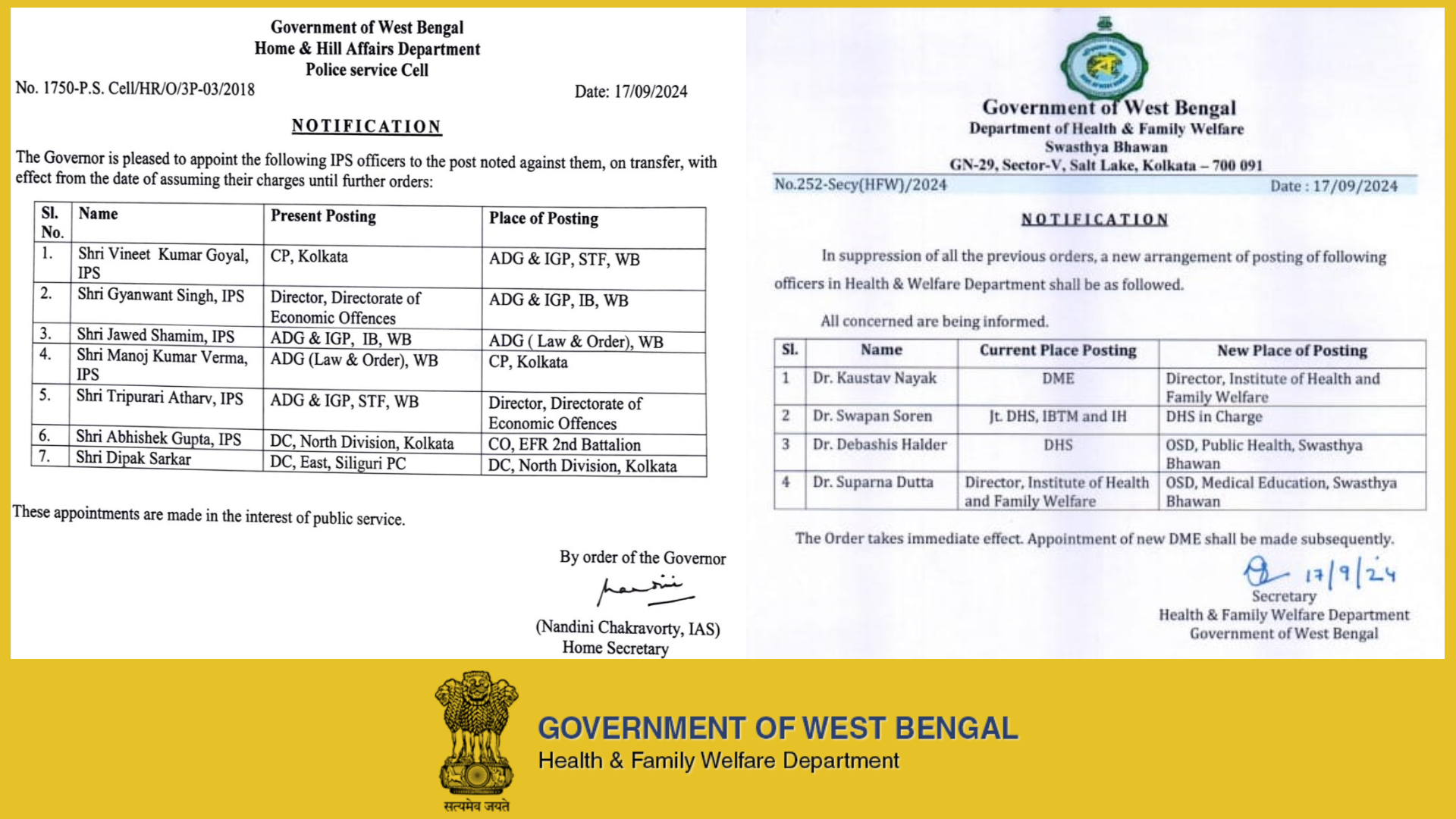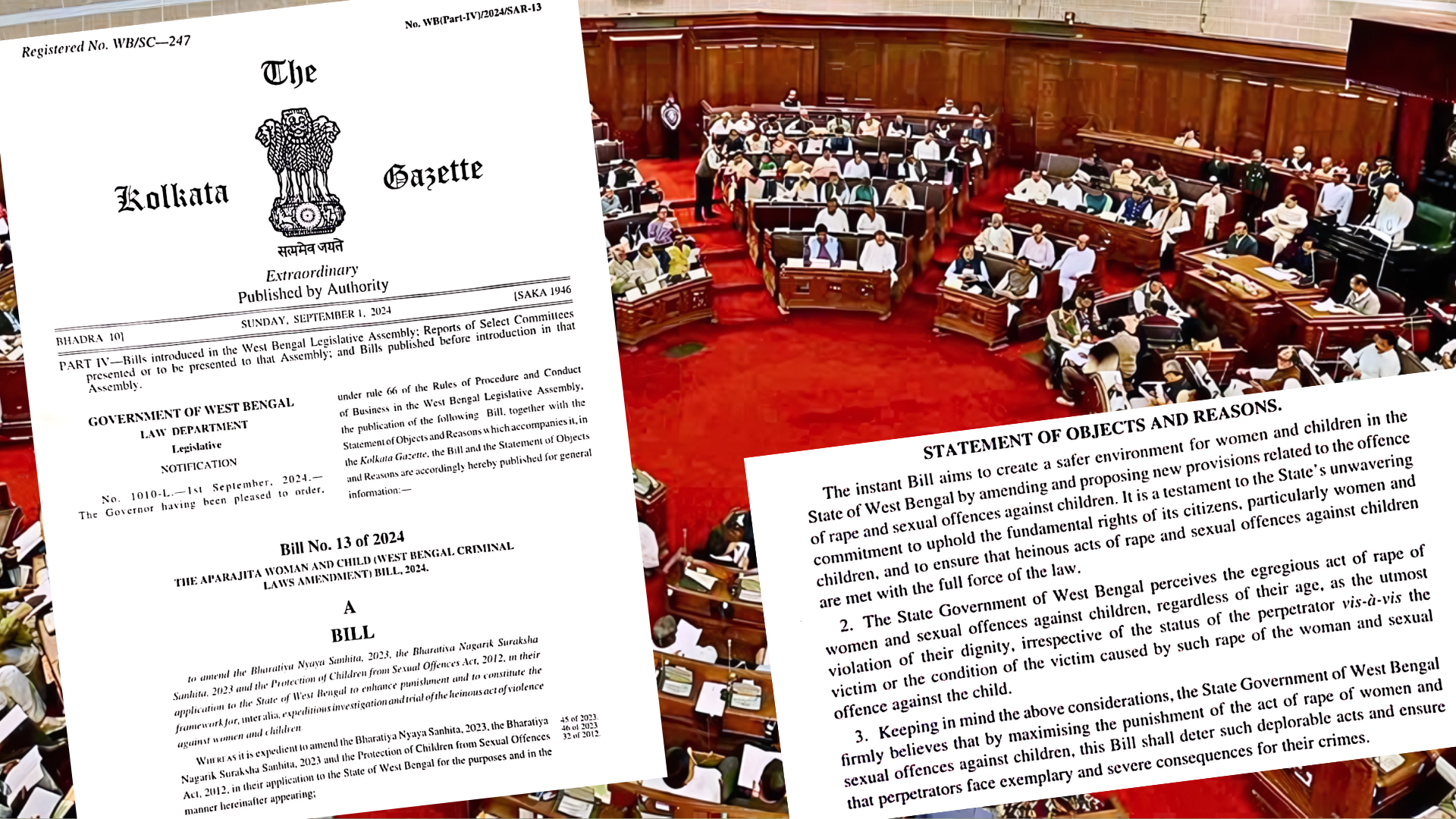Saffron cultivation in Bengal

Saffron from Kashmir is famous across the world. Ninety per cent of India’s output of this highly precious spice—also called ‘red gold’ after its colour and rarity, respectively—is grown in Kashmir.
Now, cultivation of saffron is being successfully tried out in the mountain regions of Bengal. The initiative has been taken by the Centre for Floriculture and Agri-Business Management (COFAM) Department of North Bengal University (NBU).
It needs to be noted that a similar project was undertaken in 2022 by Uttar Banga Krishi Vishwavidyalaya (North Bengal Agricultural University) but it did not produce much success. Seeds were planted in Tumling, Maneybhanjan, Batasia and Lebong Valley, all in Darjeeling district, but the plants flowered only in Lebong Valley.
The latest project has the plant being cultivated through three methods—soil (the natural method), aeroponic (growing in an air or a misty environment without any substrate) and hydroponic (suspending the plants in water or feeding them by an intermittent flow of water and nutrients).
While the soil cultivation is being done by farmers in Kalimpong and Kurseong, the aeroponics and hydroponics methods are being tried at the COFAM laboratory in Bairatisal, near the NBU main campus.
According to Amrendra Kumar Pandey, the practical demonstrator of COFAM, they have already achieved some amount of success as flowers have bloomed in Kalimpong. The next step is to teach many more farmers the methods of cultivation and marketing the produce.
A kilogram of saffron fetches up to Rs 3 lakh in the market, hence it could become the most sought-after cash crop in the Darjeeling hills.
Saffron plantation has also started in other hilly states like Himachal Pradesh, Uttarakhand and Arunachal Pradesh. The ideal temperature for cultivation is around 14-20 degrees Centigrade during day and around 2-9 degrees during the night.







